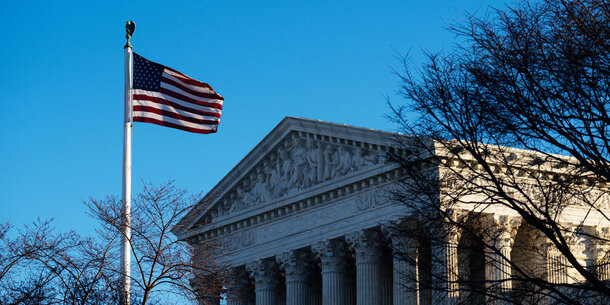Over the last decade, as Republican and Democratic leaders have become more polarized on campaign finance and other election law issues, the evenly divided Federal Election Commission has deadlocked on whether to even investigate most significant enforcement cases. Recent D.C. Circuit precedents precluding judicial review in many of these cases have exacerbated the problems associated with non-enforcement of campaign finance laws.
CREW filed an administrative complaint with the FEC against New Models, a now defunct nonprofit that funneled money to Super PACs during the 2012 election, arguing that based on its spending New Models should have registered as a political committee with the FEC, which would have required it to disclose its donors. The FEC deadlocked 2–2 on whether to open an investigation, primarily based on commissioners’ differing legal views. But the Republican commissioners who blocked enforcement also included a brief footnote invoking their “prosecutorial discretion”—i.e. the traditional leeway executive agencies receive in deciding which legal violations to pursue. After CREW sued the FEC for its failure to enforce the law, both the trial court and the D.C. Circuit ruled that this brief allusion to prosecutorial discretion precluded the court from reviewing the FEC’s decision. CREW has now filed a petition for an en banc rehearing in the D.C. Circuit Court of Appeals.
The Brennan Center’s brief explains the importance of judicial review in ensuring the FEC carries out its enforcement duties as outlined in statute, details the pervasive dysfunction at the FEC, and lays out how the D.C. Circuit panel’s ruling exacerbates the Commission’s problems.

